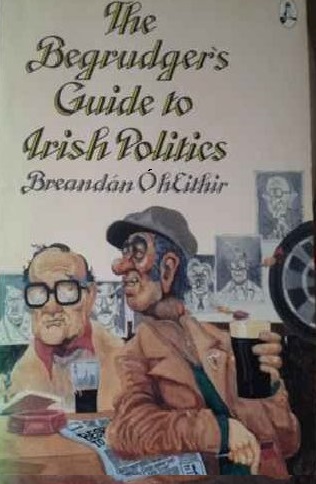‘Never believe anyone from the Balkans.’
– Robert Perišić, Naš čovjek na terenu
Born Werner Stipetić to a Croatian mother in 1942, Werner Herzog with his hypnotic voice remains a peculiar mixture of the German lack of knowing when to stop and the Balkan love of westerns (i.e. tall tales). When he remade F. W. Murnau’s silent Nosferatu (1922) with Klaus Kinski in 1979, he could not shoot in Wismar, which was in East Germany, so he moved the production to Delft. The authorities there refused to let him release 11,000 rats in the city but in nearby Schiedam they weren’t so fussy. Biologist Maarten ’t Hart was hired by Herzog as rat adviser but, as the Dutchman told the story in Granta magazine in July 2004, he got a bad feeling about it on the way to the engagement.
Starving white rats were imported from Hungary and they started to cannibalize each other on the way. Herzog then insisted that the vermin had to be dyed grey for cinematic effect. This meant dunking them in cages into hot, coloured water, which killed half the creatures. The survivors then licked off the dye, as the biologist had predicted, so, in the (apart from Kinski) soporific finished product, the rats look kind of beige, at most. By the mass makeover, Maarten ’t Hart no longer wished to be involved. He later implied in Granta that the other, more cuddly animals used in the production were also treated cruelly.
Herzog made five (mostly jungle) films with Kinski, who was undoubtedly a headcase. After the latter died in 1991, it didn’t take Herzog even a decade to spin his revenge, which is of the shoulda, woulda, coulda killed Kinski variety. Nevertheless his documentary Mein liebster Feind (1999), which translates as ‘My Best Enemy’, didn’t convince every critic. It has been the subject of at least two screen parodies, the more astute of those being a fly-on-the-wall-style episode of the US comedy series Childrens Hospital in which the director explores his troubled relationship with one of the cast. Thereby it gradually becomes obvious that the insane director is responsible for many of the actor’s troubles.

The South American jungle masochism of Herzog is immortal thanks to Aguirre, the Wrath of God (1972) and Fitzcarraldo (1982) but it also recalls a very different German who appeared in a 1993 documentary by Britain’s Channel 4. Therein, Charles Nicholl follows the path of Walter Raleigh’s search for El Dorado, along the Orinoco. Upriver he encounters this man with a German accent, who, when asked what he is doing there, explains what Venezuela means for him.
I can realize myself. I could shoot somebody in the street and I would get out of jail because this is a country you can really do anything you want. You just have to have the right connections, maybe a little bit of money and you can do what you want.
Stressing that he was not an explorer or a survival nut, though, he answered another question, about the space and the “mind or… the mood of the place” [sic].
The land is immense but maybe the people don’t want to live in the jungle. I think the Venezuelans, they don’t, they prefer to live in the city, they prefer the comfort we always had in Europe, eh, the electricity, the television… I don’t go into jungle to get bitten by a snake. I have enough bugs at home.
This German (“Lobo”) appears after 16:39
































